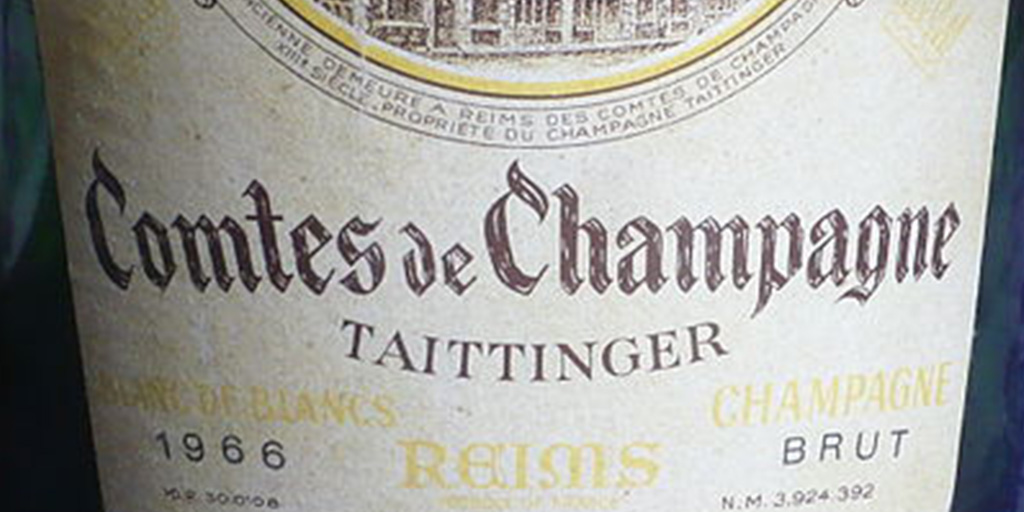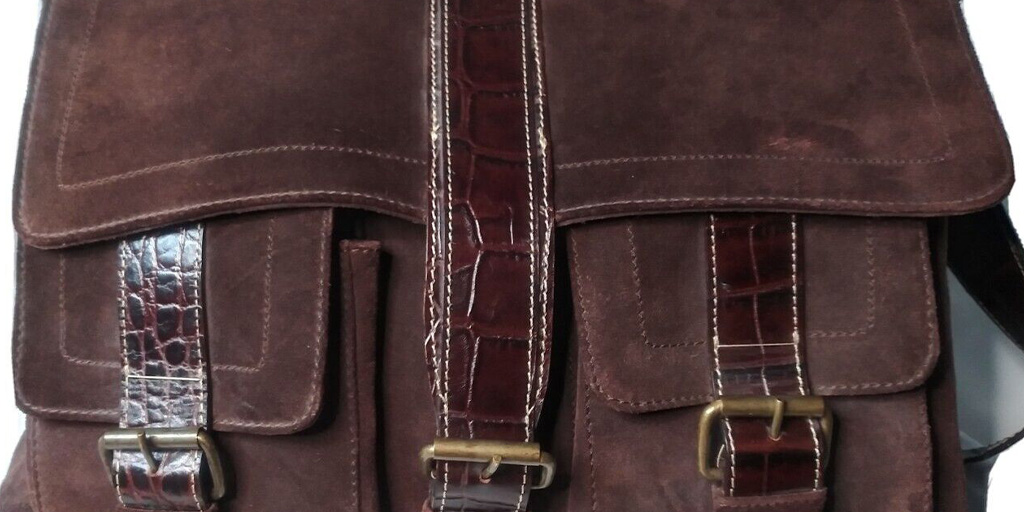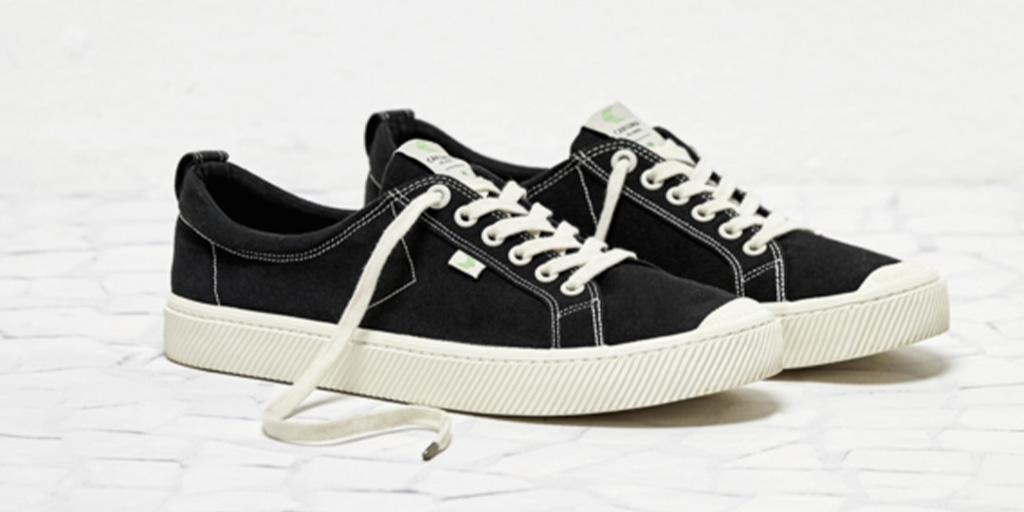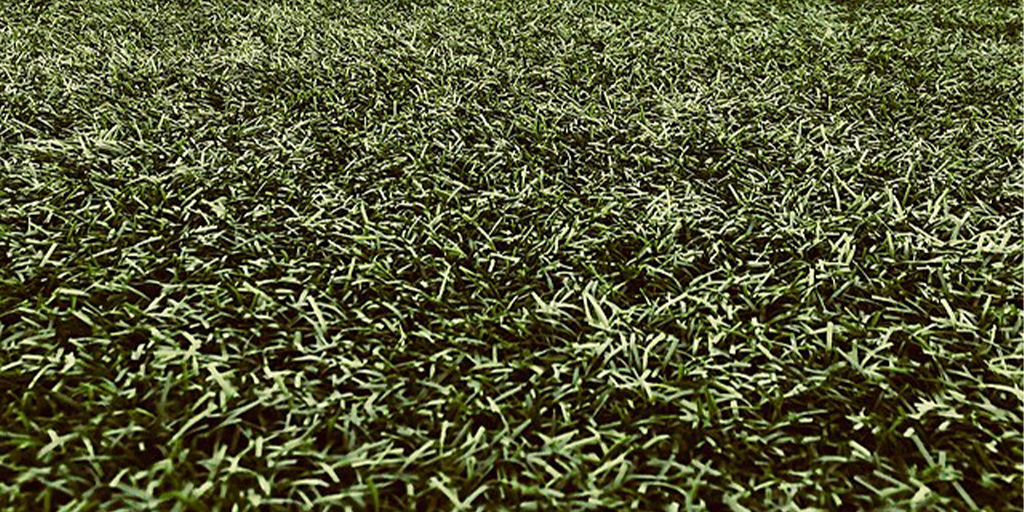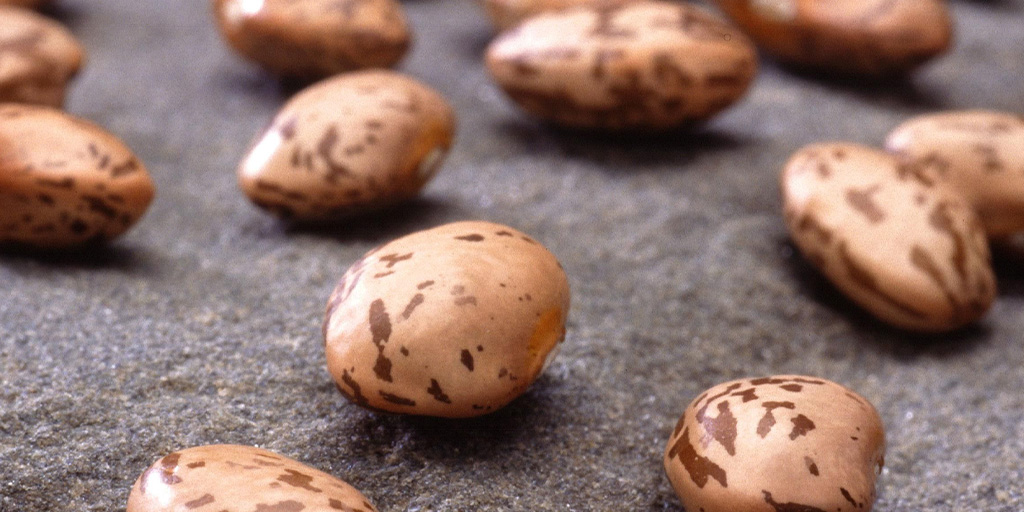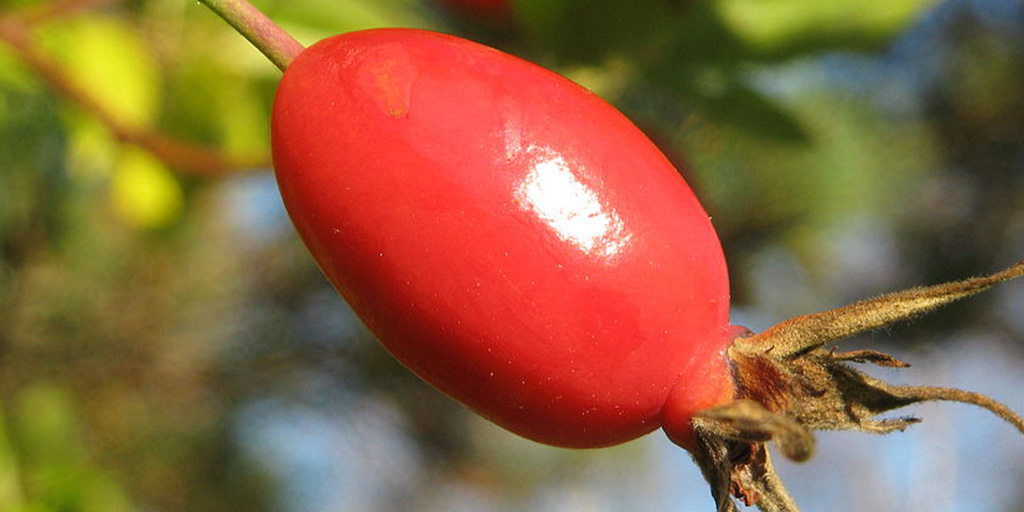Trappings, by Fiona McCulloch
Is it no terrible that wir auld neebour’s deed, an he wisna aw that auld tae?
Aye, terrible son. The pair sowel.
Aye, he hud stomach cancer. Must ha bin in agony, man.
So, I muttered.
You’re nuthin’ but a wee bastard twisted, man-hating dyke.
Hugmanay 1983 – ah’m sat oan the couch in the livin’ room. Telly’s oan an’ it’s jist me an’ ma muther an faither cos ma twa bruthers are oot wi’ their pals. Scotch an’ Wry afore some Hugmanay show comes oan efter. Ah’m hopin’ the 50p slot meter disnae run oot on oor rented TV but, then, things urnae sae uncertain noo ma muther’s workin’ night shifts as a carer at an auld folk’s hame and ma da’s goat a gairdenin’ joab at the same place. Ricky Fulton never fails tae make me greet laughin’ at his motorbike polis sketch, Last Call wi’ Rev. I.M. Jolly, Rev. Goodchild an’ aw the others. Ma favourite part o’ Hugmanay. Ma muther an’ faither ur laughin tae, an’ the cat’s curled up at the edge o’ the rug near the gas fire. She’s no’ oan the rug, mind, cos it’s new and ma muther’s warned her no’ tae lie oan it. She’s an awfy clever cat an’, efter first lyin’ oan it when it wis initially put doon, she noo kens it’s ma muther’s new pride an’ joy, so she’s tae keep tae the edge. Puir cat, she definitely didnae sit oan the mat. Still it wis a step up fae afore. She wis a stray livin’ in ma pal’s muther an’ faither’s porch cos they hud a cat o’ their ain and they didnae get alang so, when oor ither cat goat knocked doon, ah brought hame Smokey tae oor hoose. Ah wid meet her every day as ah wis gawin’ tae school an’ gie her a clap an’ a wee bit o’ fuss. She wis that guid natured and lovely – smokey grey wi’ a big white bib, belly an’ paws, a pink nose, green eyes, a splodge o’ white on her back, an’ striped racoon-like tail. Ah used tae hunch doon oan ma hunkers an’ she’d be purrin’ away an’ lovin’ the fuss. Wan day when ah crouched doon, she jumped oantie ma lap an’ that wis it, ah’d gained her trust an’ she won ma heart. Sad as it wis when oor cat went missin’ and wis found knocked doon oan the main road, ah couldnae help but be happy fur thinkin’ ah could gie Smokey a much-needed hame. But ah’d need tae bide ma time and allow a respectable amount o’ grieven.
Ma muther wis daft on oor cat. He’d wait on a car bonnet every mornin’ fur her getting aff the bus fae her nightshift in an auld folk’s hame. Then he’d run aw the way, followin’ her back hame and sleep at her feet. He wisnae that intae fuss fae the rest o’ us, though, as a swipe o’ his paw wud remind ye noo and again. Some weeks efter his demise, ma auntie and uncle wur visitin’ and ah sneaked away tae bring Smokey hame tae oor hoose. She wis delighted tae see me and aw roon’ aboot ma legs, purring away as ah clapped and clapped her. When a thoat ah’d goat her trust enough, ah lifted her intae ma erms and zipped up ma jaicket. Ah headed straight hame as she gied a mixture o’ purrs an’ low growls cos she wis feart an’ wisnae sure where ah wis takin’ her. But she decided tae trust me an’ hame we went. Ma muther wis momentarily confused wi’ the big white chest cos she thoat it wis her beloved cat alive an’ well, as though it wis his doppelganger that hud bin run ower. But then she realised it wis a different cat. ‘Where’d that come fae?’, she demanded but equally maintainin’ calm and politeness cos we still hud guests. ‘Her name’s Smokey an’ she’s a stray. Ma pal’s muther an’ faither are lettin’ her stay in their porch cos their cat disnae like her. But it’s freezin’ in the porch and she needs a hame’, ah reasoned. ‘Please can we keep her, please?’, ah pleaded. Ma muther tutted and then said, ‘Ah suppose’. ‘But she’s your cat mind, so you need tae de-flea and worm her, an’ look efter her’. ‘Ah wull, ah wull’, ah said delighted. ‘Go an’ see if there’s oani’ o’ that pate left in the fridge and gie her some’.
Smokey ate the pate gratefully and drank a wee bowl of milk – ah didnae ken back then that cats are lactose intolerant, but ah’m sure it still did her the world o’ good tae huv food, drink, shelter an’ love. She followed me aroon’ fur days and wid only go oot fur a quick toilet stoap. She wus feart she’d be flung oot oan the streets again, so ah’d keep the door open tae reassure her, and then she’d flee back in an’ up the stairs wi’ me. Safe an’ sound. We lived in a four-in-the-block upstairs coonsel flat. It hud a wee veranda at the livin’ room windae and every summer she’d lie oot there fur a bit as long as ah wis there in the livin room. Ah wid only let her if ah wis there anyway to make sure she stayed safe. When it wis agreed she could stay, ma faither helped tae groom her, getting’ rid o’ matted bits o’ fur wi’ a pair o’ scissors. Smokey took tae helpin’, pullin’ oot bits o’ matted fur hersel’ wi’ her teeth. She realised she hud a hame an’ wanted tae look her best. We took her to the vet for a general check ower, an’ she exclaimed, ‘What a beautiful cat! I’m sure she must be part Persian’. Ah beamed wi’ pride oan Smokey’s behalf. Abandoned tae the streets, wi’ a luvin hame her sheer beauty shone through. A clean bill of health, we took her hame. She slept oan ma pillow and we were inseparable, even when the ENT surgeon telt me ah should get rid o’ her. She wis ma responsibility an’ ah couldnae ever let her doon efter sich a hard life. Besides, ah loved her tae bits. She wis the first “person” ah came oot tae when ah wis a feart teenager, years afore ah actually found the nerve to tell any human ah wis a lesbian. Back in the day, they’d huv said she wis ma familiar and burnt us baith.
Haha, folk like tae impose weird rules an’ make ye conform, tae keep ye in their wee coops, tae clip yer wings and stoap ye fae hivin’ a better view as ye fly way up and beyond their shite. Tae clutch some book they’ve rote swallowed but never fuckin’ interpreted, tae trundle oot quotes they don’t understaun, withoot realisin’ concepts like fuckin’ metaphors or that language changes meanin’, dependin’ on time and place, or that things get edited, rewritten, skewed, appropriated fur dodgy patriarchal agendas. Cos, when ye get right doon tae it, folk are totally stunted an’ want tae be telt aff but, meantime, dae aw kinds o’ shit when they think naebody’s lookin’. They’re the worst o’ us. They hate nuthin’ mair than somebody who doesnae confine themselves, somebody who can see beyond their blinkered horizon and fuckin’ dare tae soar ower the rainbow. Aye, so ah confided in Smokey. Gimme a cat any day.
Efter Scotch and Wry finished, it wisnae faur oaf the bells. Every year ma muther laid oot Ne’er Day bun, shortbread an’ some Ritz crackers wi’ Primula soft cheese. Ah goat ginger wine. Ma faither wid buy the wee bottles o’ essence every year tae make the mix and strain it through net curtain for us weans. It wis a tradition cos ma parents wur brought up wi’ the same stuff. Magic. Ah loved how its fiery taste wis pure pleasure compared wi’ ma throat’s usual inflamed gowpin’. Efter Mons Meg booms, ma faither opens the windae tae let the aul year oot an’ the new yin in, as well as tae hear the boats’ hoarns and we wish each other Happy New Year, the door gets chapped.
First fits. Tall, dark an handsome’s antithesis, though aw that shite wis loast oan me oanyway as ma fascination wi’ Cagney and Lacey wid suggest tae the weel trained een. Oor first fits ur’ the neighbours. A man an’ wife, then later two o’ their sons join them. Ma da’s gettin’ steadily steamin’ an’ ma maw’s nursin’ a babycham. That’s aw’ she’ll huv as she’s no’ a drinker, but she huvs wan tae be polite cos it’s New Year. The man neighbour’s pourin’ straight whiskies intae ma faither’s tumbler wi’ total alacrity; his ain gless isnae refillin wi’ sich gay abandon. Hud onybody bin guagin’ the scene, it wud be apparent he has a plan worth stayin’ sober fur. His focus is elsewhere. Me. Terrifyin’ lewd comments spew intae the room, suckin oot whit little air there is wi’ aw’ the fag fumes. Talk ah’ve never heard afore. Stuck somewhere between bewildered and humiliated, ah’m no’ quite graspin’ the full meanin’ o’ whit he’s sayin’ or why naebody is throwin’ him oot oan his erse. An ineffable terror grips me as though the wurd ominous had assumed flesh an’ blood an’ crept stealthily into the livin’ room. Penetratin’ gluttonous eyes devour me like the fairy tale wolf. ‘Luck at that there. Wid ye no’ like tae rub yersel’ up an’ doon again that?’, he proffers tae wan o’ his sons, like ah wis up for auction an’ consent, let alone bein’ under age, an alien concept. The trappings o’ a family man, underneath lurked a menacin’ misogynistic sexual predator, an’ the lessons bein’ imparted to his sons paint a bleak vista for their future outlook. His son, embarrassed, utters sumthin’ aboot me bein’ too young; no’ long efter, he an’ his brothers go tae a hoose party, leavin’ their parents behind wi’ us. The wumman neighbour, apparently well acquainted wi’ her husband’s peculiar mannerisms, unfazed takes it all in her stride as though it’s aw perfectly normal friendly neighbourly chit-chat, aye nuthin’ tae see here, while steadily numbin’ herself wi’ cheap vodka.
Originatin’ fae some in-bred community in the sticks, he smacks his lips as though ready for a feast. Never comfortable in anyone’s gaze, this new kind of unsought male attention bores a hole through ma centre o’ gravity, unnervin’ whit little confidence ah huv. Bile furs ma tongue and cigarette smoke hings like graveyard smog coiled aroon’ ma tonsils, irritatin’ a ragin’ pus that anticipates an’ inevitable tonsillectomy by ma sixteenth year. By the time ah’m at university ah’ll huv an’ asthma diagnosis. Ma muther’s repression regardin’ anythin’ sexual renders her uncharacteristically mute. She probably senses too ma faither is in nae fit state tae back up oanie protest she might venture tae make. If he wis sober, she would huv let rip. An ex-amateur boxer, ma faither wis a force tae be reckoned wi’. But the night he couldnae box his ain shadow. Best tae keep things oan an’ even keel, don’t cause a scene in case it backfires. Eventually they’ll leave and we’ll aw’ forget it ever happened. Meantime ah can feel the path between his eyes an’ ma slender frame shrink as he casts glances increasingly in ma direction till the real flesh-n-blood person me disappears, replaced wi’ his sick imaginin’. Ah’m reduced tae an object he wants tae act upon, dae unspeakable things tae as ah lie immobilised wi’ terror, things ah cannae even name cos ma ain ignorance prevents me fae venturin’ intae the territory o’ his particular sicko realm o’ fantasy. A combination o’ stiflin’ stares an’ smoky staleness irritates an claws at ma larynx. Ah futilely endeavour to clear ma throat an’ discover an oppressive voicelessness.
Liftin’ Smokey an’ cuddlin her close tae me, ah head tae the shelter o’ ma room, utterin’ ma muffled goodnights and daen ma best tae evade his lecherous stare as ah navigate oot the livin’ room. Gulpin’ in the smokeless air in momentary relief, ah gently place ma cat oan the bed. She settles doon beside a Basil Brush cuddly toy ah’ve hud since ah wis three – sewn together so many times by ma muther, mustard yellow socks oan its feet serve as the last refuge tae containin’ burst stuffin’ – alongside a wee collection of teddies and other cuddly animals. Posters reassuringly look doon fae ma bedroom walls – Yazoo, Madonna, Eurythmics, Culture Club, Abba, tae name a few. Later, ah’ll add Texas, Deacon Blue, Fairground Attraction, T’Pau, Runrig, 10,000 Maniacs, and Love and Money tae ma playlist, slowly becomin’ mair conscious o’ Scottish bands. Much later still ah’ll develop an interest in Scottish Literature. But, for noo, pop music is ma poesy. Ah gulp in familiar surroundings an’ sit oan the bed, clappin’ the cat. She purrs in response. Safety only lasts a couple of minutes.
Ma room door swings open and he staggers in wi’ a sinister grin, affectation o’ an exaggerated inebriation. He carefully, quietly closes the door, a new sobriety belying his performance seconds before. Curlin’ lip reveals nicotine-yellow canines. His tongue pokes between them like he’s tastin’ the promise o’ his prey. Shiftin’ steadily towards me, ah instinctively back away and head roon’ the bed, wi’ him in close pursuit. He reeks o’ stale fags, a lingerin’ sweaty odour an’ halitosis that reaches into ma inflamed lungs an’ doon tae the depths o’ ma stomach, threatenin’ tae release ma Ne’er Day Bun an’ ginger wine fae earlier. Ah’m guessin’ he baths as often as he brushes, the mingin’ bastard. His menacin’ portentous presence has begrimed whit little fresh air the bedroom afforded, leavin’ me gaspin’ tae find oany crevice beyond his mephitic stench. He moves nearer, dangerously closin’ the gap. Instinct keeps me backin’ away since shock has lost communication with ma legs. A debilitatin’ oppressiveness bears doon oan me as ah struggle wi’ the concept o’ hope amidst the doomed endless blackness o’ this New Year’s Day’s first hours. Ma cat opens her eyes and sits up, lookin’ suspiciously at this unwanted intrusion an’ then blinkin’ at me, as though in agreement things ur faur fae okay. Hunted and trapped, ah couldnae see a way tae reach the bedroom door withoot bein’ grabbed and thrown oan tae the bed. Though sexually ignorant, ah intuitively know this lecherous specimen wants tae dae somethin’ forceful and painful against ma will. If ah falter, ma life’s axis will never realign, but remain forever oot o’ balance. Ah’m tryin no tae retch between fear, shock, an’ his distinct lack o’ hygiene. We continue daen’ this weird dance roon’ the bed as ah glimpse us baith in the mirror oan the waw opposite. It’s like watchin’ a Hammer Horror late at night wi’ some ogre, flailin’ erms stretched oot, desperately tryin’ tae grasp his pair victim. She’s trapped, trapped, trapped.
But it’s me bein’ chased by ma rapey neighbour, though the scene is too fuckin’ surreal fur me tae fully assimilate the facts o’ whits actually happenin’ here in ma bedroom in ma ain faimily hoose where ah’m meant tae be safe. Wi’ ma muther an’ faither in the fuckin’ livinroom. Oor reflection oscillates somewhere between farce and horror as we mimic some zany chase scene. Ah’m Penelope Pitstop tae his Hooded Claw. At the mirror’s coarner ah spy a bright full moon, radiatin’ a slither o’ hope an’ a promise o’ a wurld outside this stiflin’ chamber. Momentarily emboldened, ah ponder how he’d react if ah laugh pure oot loud intae his sleverin’ ugly evil fuckin’ mug. Wid it emasculate the dirty fucker so he shrivelled up in a coarner, the weight o’ his shameful actions punchin’ him full force between the eyes or, better still, the nuts? Wid it rile him and turn his lust mair violent? Wid he strangle me tae stoap me fae cryin’ oot fur help, while forcin’ his manky body ontae me tae carry oot his ill intent? Fear and absurdity have stilled ma tongue and coated it so much ah canny make a sound and ma brain is swimmin’ as ah take in the magnitude o’ eager anticipation in his determined starin’ eyes. They’re a peely-wally-bluey colour, like some washed-oot milky galaxy, his irises locked apertures weighin’ me doon, each a black hole threatenin’ tae crush me in the singularity o’ an event horizon from which ah could never return. Where naebody could ever hear ma screams fur help cos his big man haund wid be coverin’ ma wee mooth. Where ah’d be a a broken, empty shell, crushed intae masel’ in an endless abyss before ah could even enter the world. Wid he recognise himself if he stoaped fur a second tae consider whit the mirror sees? Or is this just another opportunity no’ tae miss for the dirty bastard?
Tap, tap, tap. More persistent rat-tat-tat oan the windae. Oot the coarner o’ my een a spy the Rowan tree’s branches swayin’ in oor gairden to the reckless rhythm of this increasingly blustery nicht. Is it sendin’ a message, some kinda morse code, but who’s gonna hear it apart fae me an’ the beast? Cloud seems to have concealed the moon and it momentarily stalls me. Not for long, though, as he closes the gap an’ ah speed up like a video on fast forward. He’s a fiery rogue planet whose newfound orbit circumnavigates a bright star, determined to hurl violently into its pathway, to swallow its light to stoke his own fire. The gravitational pull of his sordid desires spurs him nearer and nearer to a prized virginal destination he’s promised himself to claim. Suddenly ah feel hopelessly alone and a fragile totie wee wean, flung across space and time intae some crazy wonderland, muffled by the suffocatin’ hideous perversity of this grown man. The endless jig o’ him, lungin’ erms reachin’, nicotine-stained fingers and nails that never knew soap, an’ me backin’ away, the space between ever shrinkin’, replaced by a hideous shadow. Smokey looks increasingly agitated. She miaows then hisses at the intruder, jumps aff the bed, an’ even she’s tryin’ tae bail, scratchin’ her paw furiously at the room door. Ah can feel maself shakin’ but ah’m determined no tae greet.
Although this entire scene has only lasted a few minutes, time has stoapped an’ ah’m bein crushed, squeezed, caged in an airless vacuum. It widnae be oany weirder hivin’ stumbled doon some dense remote rabbit hole where no-one ever ventures and all logic evaporates. The tree keeps up its frenetic rhythm against the pane. Suddenly the room door pushes open an’ the cat darts oot like a bullet an’ ah feel the slightest draught fight its way into the stagnant space. Ma muther must huv realised he’d been away too long tae the toilet. Her knowledge of male predatory threats alert from his earlier coarse comments, she quickly enters the room efter side-steppin’ the cat. She’s in a controlled state of agitation, as she gusts in. Ah’d never been so relieved tae see her. It mibbe wid huv been best tae scream paedo fae the rooftops but, aware ma da wis currently in a paralytic other dimension, she humours the bastard lest his fragile ego become too damaged and he attack us baith. Ah can see her clockin’ the scene, disgust mingled with fear, an’ recognition o’ his intentions darken her brow. ‘C’moan H….., oot o’ here’, she politely but firmly ushers him oot the room afore his flustered sense of bein’ caught in the act wears aff. Only at this point do ah let maself greet as ah venture intae the hall, find Smokey and hug her close. Ah don’t remember the sequence of events efter ma muther goat the scumbag oot ma room, but she must huv managed to steer him an’ his wife doon the stairs and oot the hoose no’ long efter that. Back tae the façade o’ their faimily life, his knuckles draggin behin’ him like some descendent o’ Hyde. Daylight won’t beam benignly upon a refined Jekyll, but he’ll dae his best tae pass as decent n’ salt o’ the earth, sleekitly awaitin’ whitever opportunity comes knoackin’ fur him tae pounce oan some ither poor unsuspectin’ wee lassie. But ah’m fair warned; it’ll never be me. That Ne’er Day brought a different view fae ma usual glaikit wean look at thi world; as a lassie ah recognised somethin’ different about how the world saw me, how it measured me. It was a man’s world an’ whitever they grasped within their reach wis fur the takin’. A novel sense of no’ bein’ in charge o’ ma ain space, o’ ma ain destiny struck me; just as ah wis startin’ to look oot intae the world as a future wumman, it returned a violent admonishment that ah wid hiv restrictions and curfews and boxes, and that would make the world fur the likes o’ me less … jist less. Whit message does it send tae a fledglin’ wumman that the world disnae belang tae you, you’re jist a product? A body in service?
The next mornin’ ah’m awakened tae the sounds of eardrum-shatterin’ screechin’. She’s screamin’ at ma faither aboot it noo he’s sobered up and roarin’ aboot how he couldnae bite his ain’ finger nails he wis that pissed, so whit guid wis he tae women in danger in their ain’ fuckin’ hoose? Women? Ah’m just a wean. Later, when ah’m up an’ aboot, neither o’ them discuss it wi’ me or ask how ah’m daen, given the trauma ah suffered the night afore. Neither o’ them warn against any future hazards a teenage girl emergin’ into young womanhood might encounter. I’m twelve, nearly thirteen. Silence isnae always golden. Ignorance totally isnae fuckin’ bliss. Misplaced refinement, awkward embarrassment, parental immaturity, or fuck knows whit perpetuated a conspiracy o’ great British silence roon’ onythin’ tae dae wi’ addressin’ real human issues heid oan.
By the time ah’m aff tae uni in 1990, ah’ll feel a low life fur abandonin’ Smokey. But ma da becomes her favourite efter that, an’ he goes aboot carryin’ her like a baby when she’s in the gairden wi’ him. Ah’ll visit some weekends and holidays, but she’ll get aulder an’ die afore ah graduate and that loss will land a body blow as the last vestige of childhood security evaporates an’ a sense of hame fades.
The fuckin weirdo wid huv raped me, if muther hidnae stoaped him.
Aye, that’s true, ma muther nodded, clearly way out of her comfort zone. Repression punctuates nuclear families, like a stiflingly close humidity oblivious to thunder’s proximity.
Where wis I?, my other brother’s ego slighted, diminishing my experience in favour of his threatened machismo.
As yet unvisited skylines alter embarked paths for those who, having been scathed, teeter over life’s pitfalls and abysses, but step back stumblingly sure-footed from that void and triumphantly chart different trajectories.

